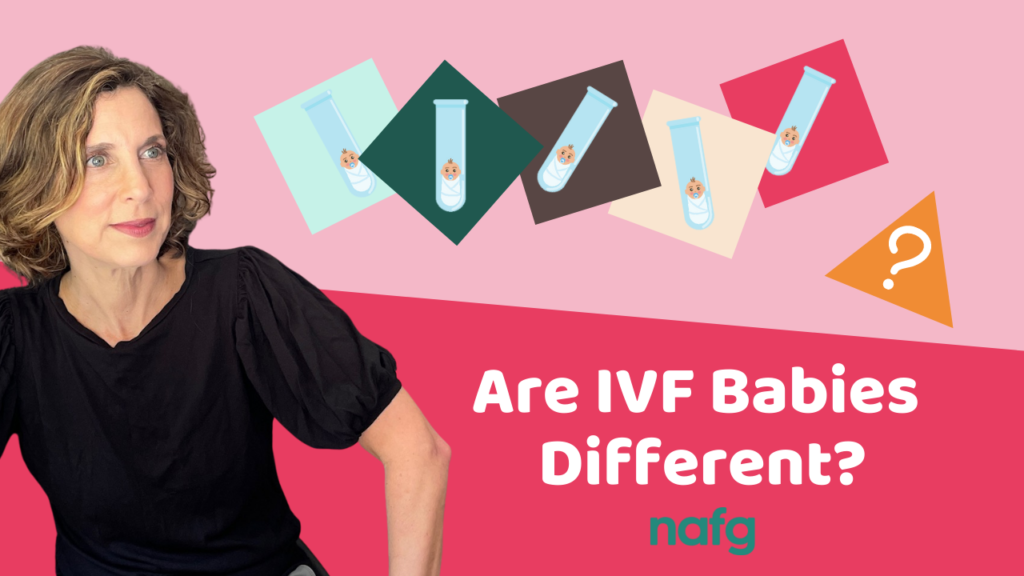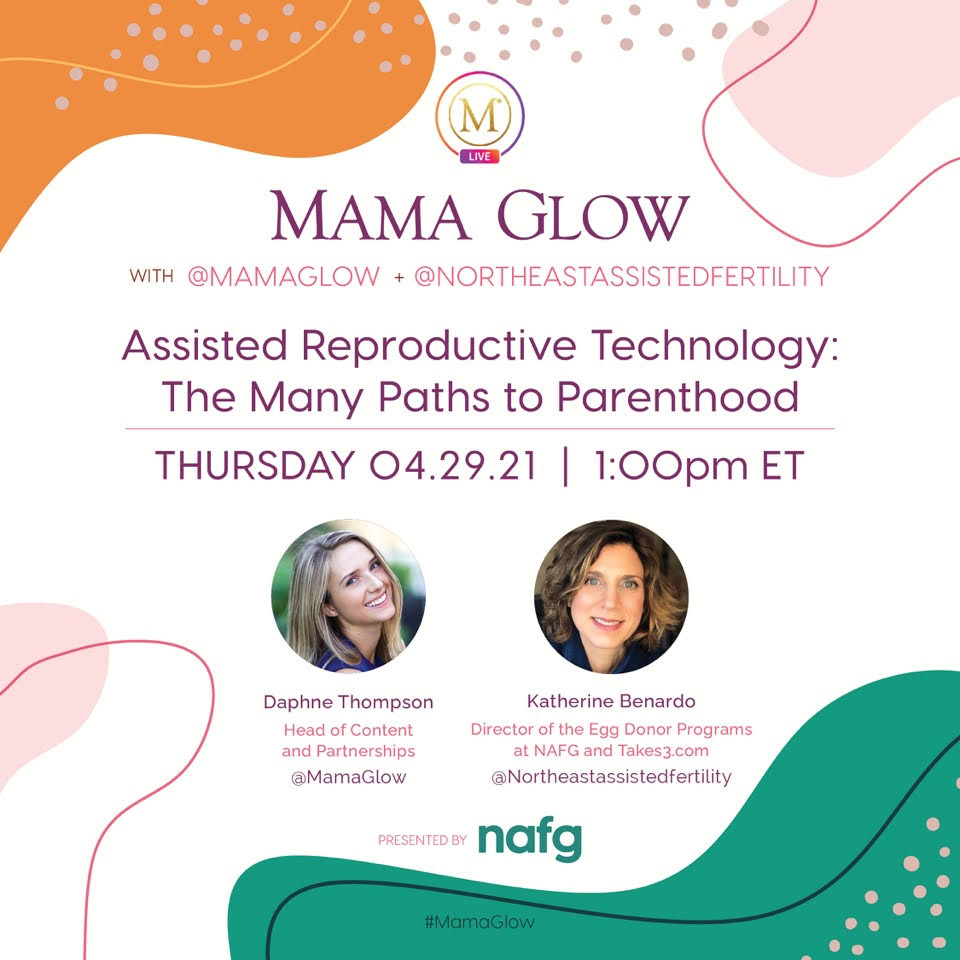Prime Minister Giorgia Meloni has mostly shown a pragmatic streak abroad. But at home, her government is plunging many gay families into panic.
NAFG has long worked with intended parents from Italy, both heterosexual and same-sex. It’s never been a particularly welcoming environment for those involved with third party reproduction, but the Meloni government and its attempt to control the actions of intended parents pursuing surrogacy (chiefly aimed at the gay population), pushes way beyond what we see from even the most restrictive countries in Europe and elsewhere. Italy is threatening to charge IP who engage a surrogate mother lawfully in the US (and other locations where it is permissible) with criminal conduct when they return home with their baby. The notion that a country can penalize its citizens for lawful actions they pursue elsewhere is virtually unprecedented in scope and reach. It surely remains to be seen whether such proposed legislation will survive an almost certain constitutional challenge, but the practical reality now is that prospective Italian intended parents are afraid, worried and angry with their government for its intrusion into this most personal aspect of their lives.
Read More






